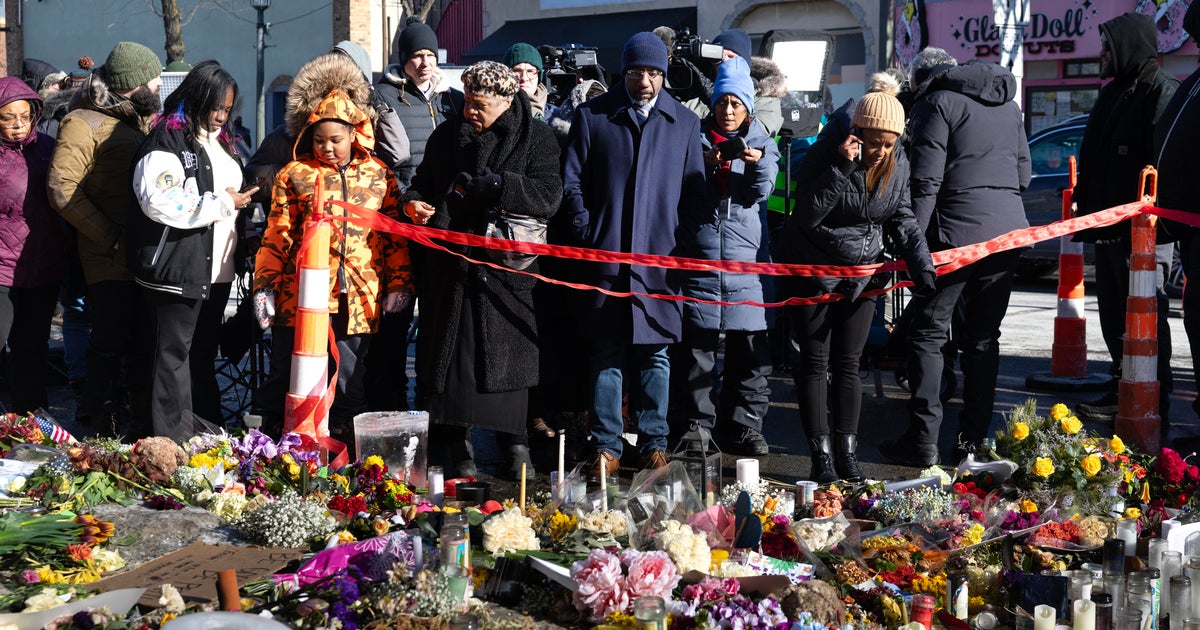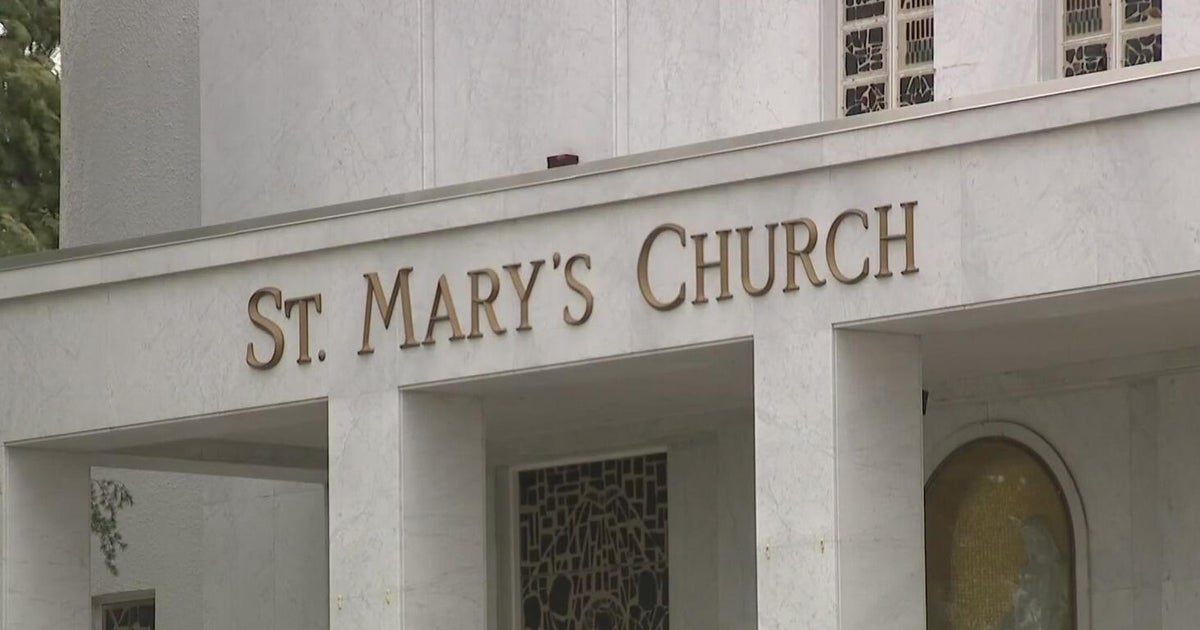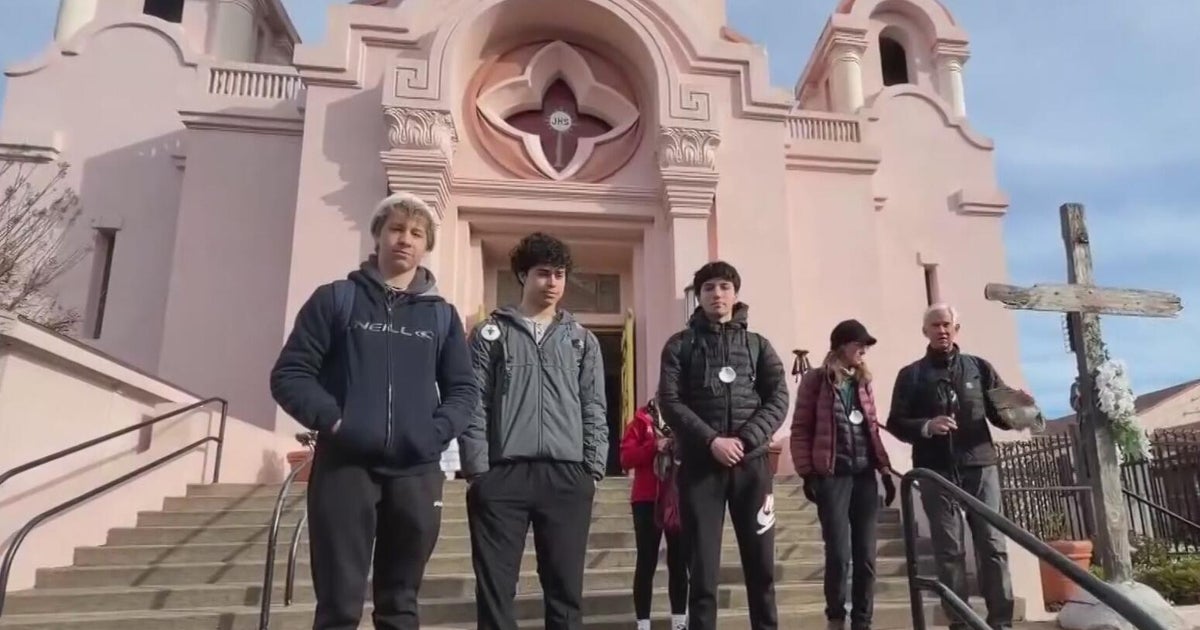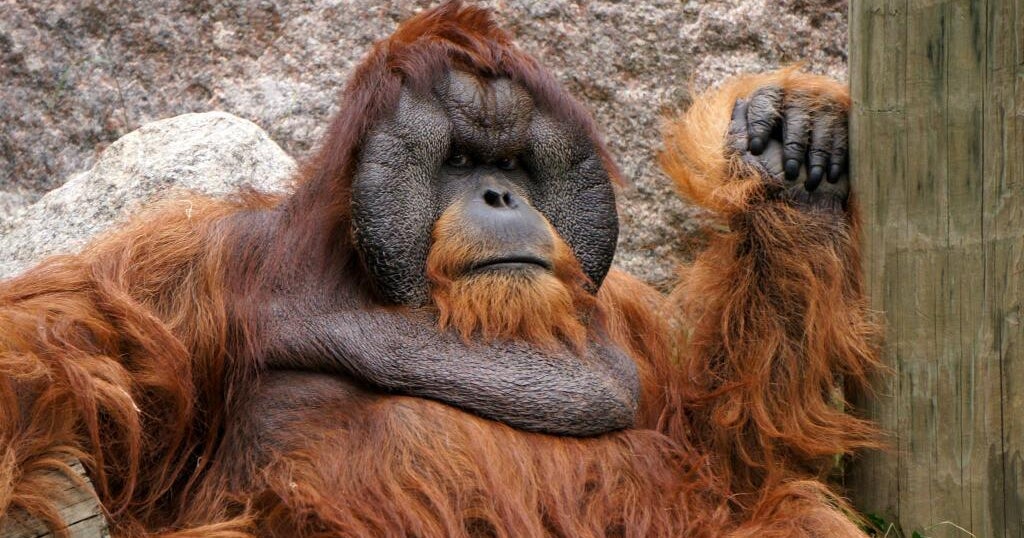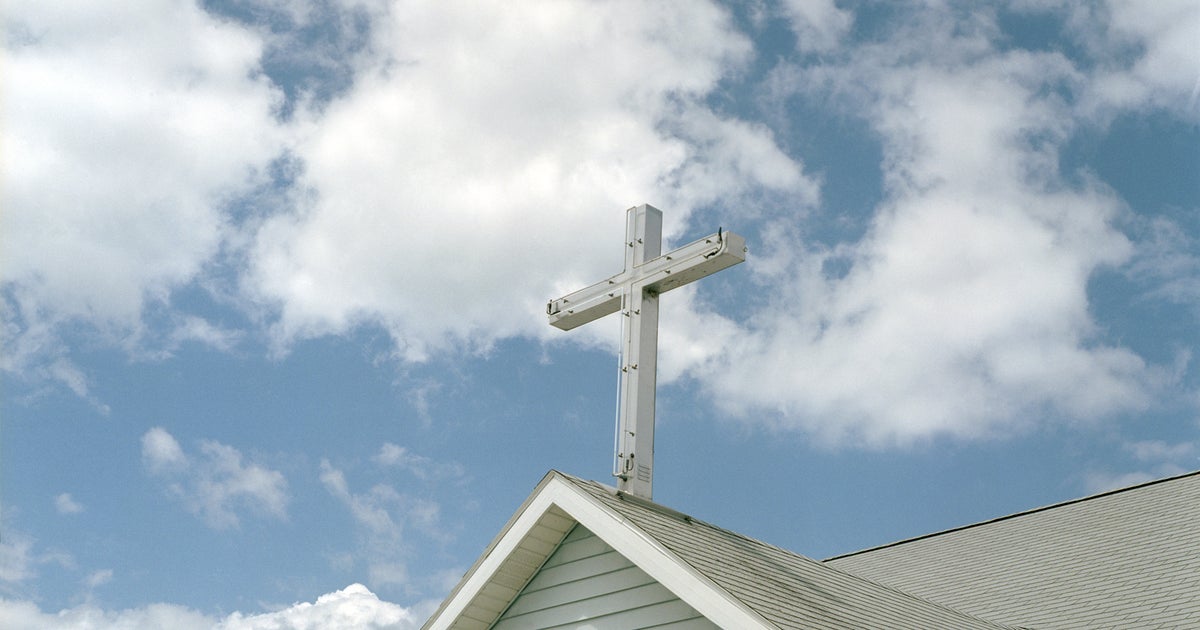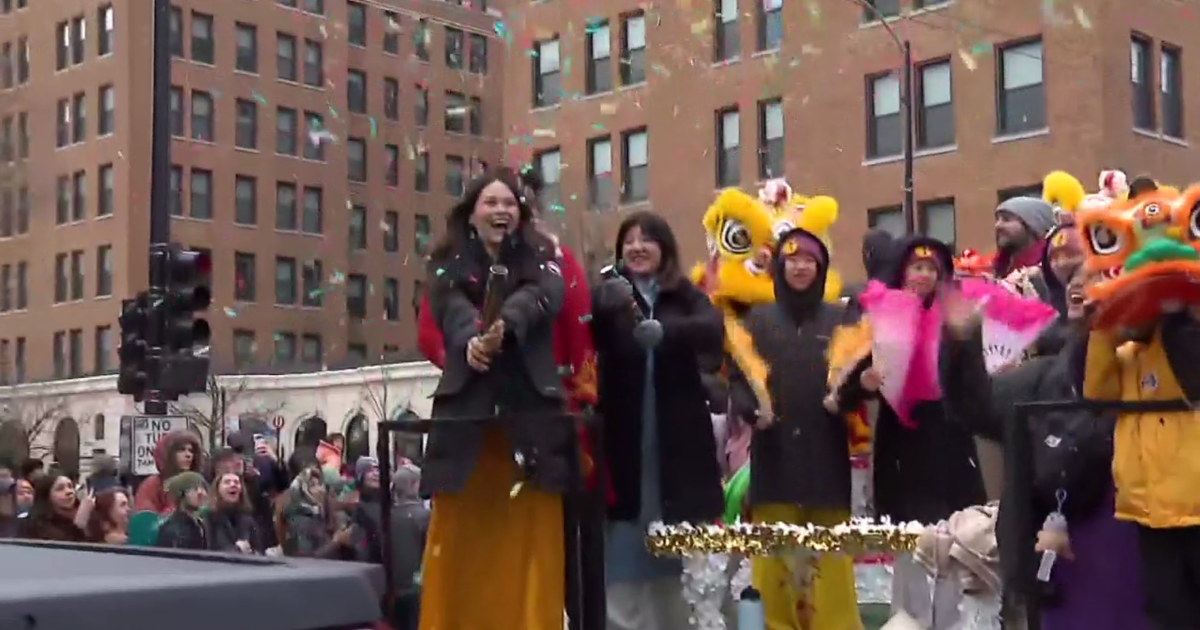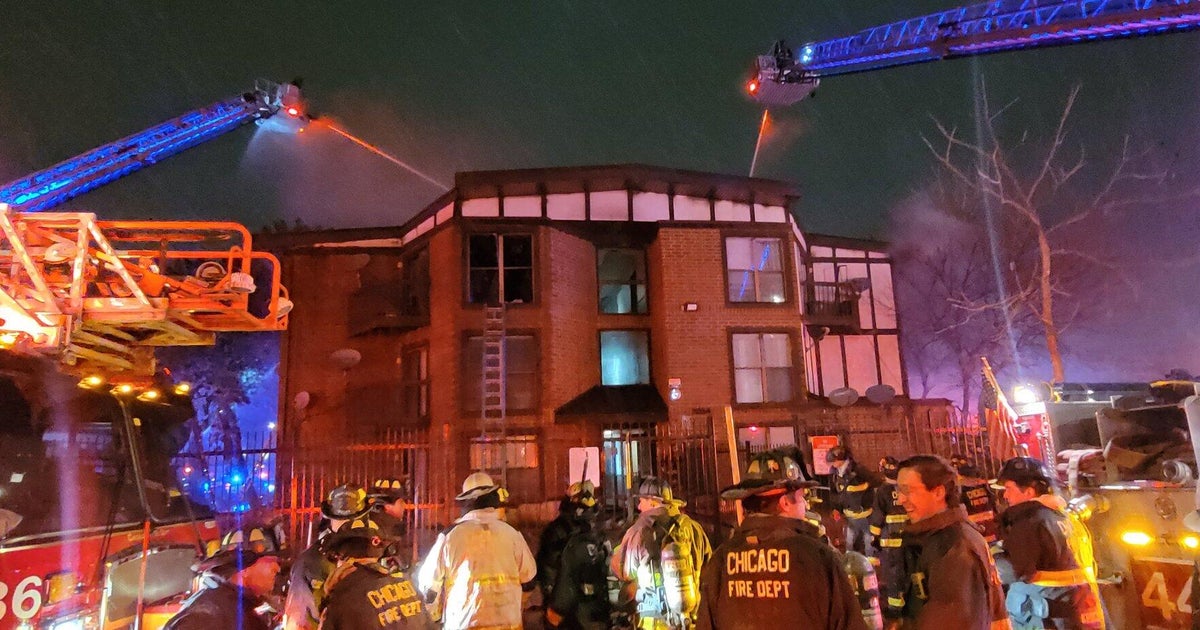St. Thomas Law Prof: Conclave 'A Delightful, Quirky Tradition'
MINNEAPOLIS (WCCO/AP) -- Cardinals have filed into the Sistine Chapel for the conclave to elect the next pope amid deep divisions and uncertainty over who will lead the 1.2 billion-strong Catholic Church.
Charles Reid, who teaches canon law at the University of St. Thomas Law School, talked with WCCO Radio about the selection process for the new pope.
"It's a delightful quirky tradition," Reid said, adding that he especially enjoys the image of a group of aging Cardinals dressed in robes playing with fire.
Still, Reid says everyone should pay attention to the process, which dates back to the first century.
"They will vote on Tuesday evening, and then they will vote four times a day until we have a pope," he said.
Charles Reid Interview
If they don't have a pope by the fourth day, they'll take a day off to pray and then return to the Sistine Chapel.
The tradition extends to the different colored smoke that pours out of the chimney.
"The ballots are collected at the end of each vote and they are burned with chemicals. If there is black smoke, it indicates there's no pope selected. White smoke there is," he said.
On Tuesday, led by prelates holding a crucifix and candles, the 115 scarlet-robed cardinals chanted the Litany of Saints, the hypnotic Gregorian chant imploring the intercession of the saints to help them choose the next pope. They then took their places in the chapel frescoed by Michelangelo with scenes of "Creation" and "The Last Judgment."
Pope Benedict XVI resigned last month for health reasons. His surprise resignation has thrown the church into turmoil and exposed deep divisions among cardinals grappling with whether they need a manager to clean up the Vatican's dysfunctional bureaucracy or a pastor who can inspire Catholics at a time of waning faith.
(TM and © Copyright 2013 CBS Radio Inc. and its relevant subsidiaries. CBS RADIO and EYE Logo TM and Copyright 2013 CBS Broadcasting Inc. Used under license. All Rights Reserved.This material may not be published, broadcast, rewritten, or redistributed. The Associated Press contributed to this report.)
